Description
In his book, Cotton Fields to Summits, former senior Foreign Service officer, educator, and entrepreneur George Kennedy, describes his 35-year journey to fulfill a lifelong dream to live a life beyond his horizons. Each chapter reinforces the view that each of us seeks a measure of success in our lives; that real and gratifying success, the kind that produces those moments of sheer exhilaration, comes from hard work and often difficult choices. George believes strongly that a careful blend of personal qualities and behaviors fortified by a solid skillset and a passion for learning can produce moments of fist-pumping success and rich and rewarding life. This is the approach that took him from the cotton fields to international summits in Williamsburg, Virginia; London, U.K.; Venice, Italy; and Paris and Strasbourg, France…to name a few. His career did not just evolve. A career that spanned more than three decades with the former U.S. Information Agency, the U.S. Department of State, and the U.S.Department of Commerce, while learning four languages (Italian, German, French, and Korean) was the result of disciplined, focused, and careful planning for a life of his own design. Life is ultimately about choices is a constant refrain with George therefore, he advises, always bringing your best judgment possible to the choices you make. Then take action… and don’t look back.
Product details
- Publisher : SETAF Publishing; 1st edition (January 1, 2017)
- Language : English
- Paperback : 426 pages
- ISBN-10 : 0998905909
- ISBN-13 : 978-0998905907

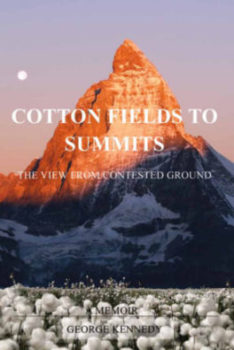
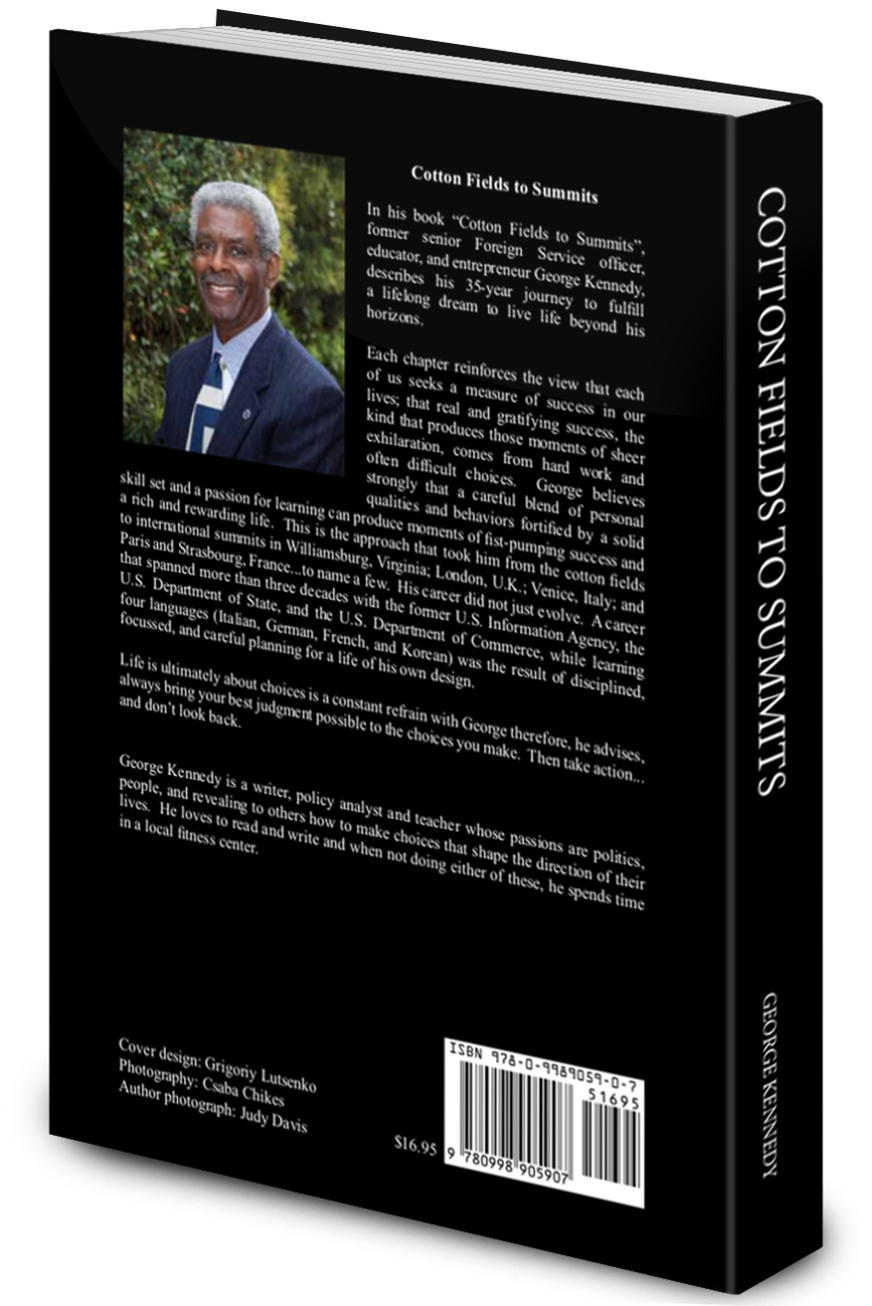
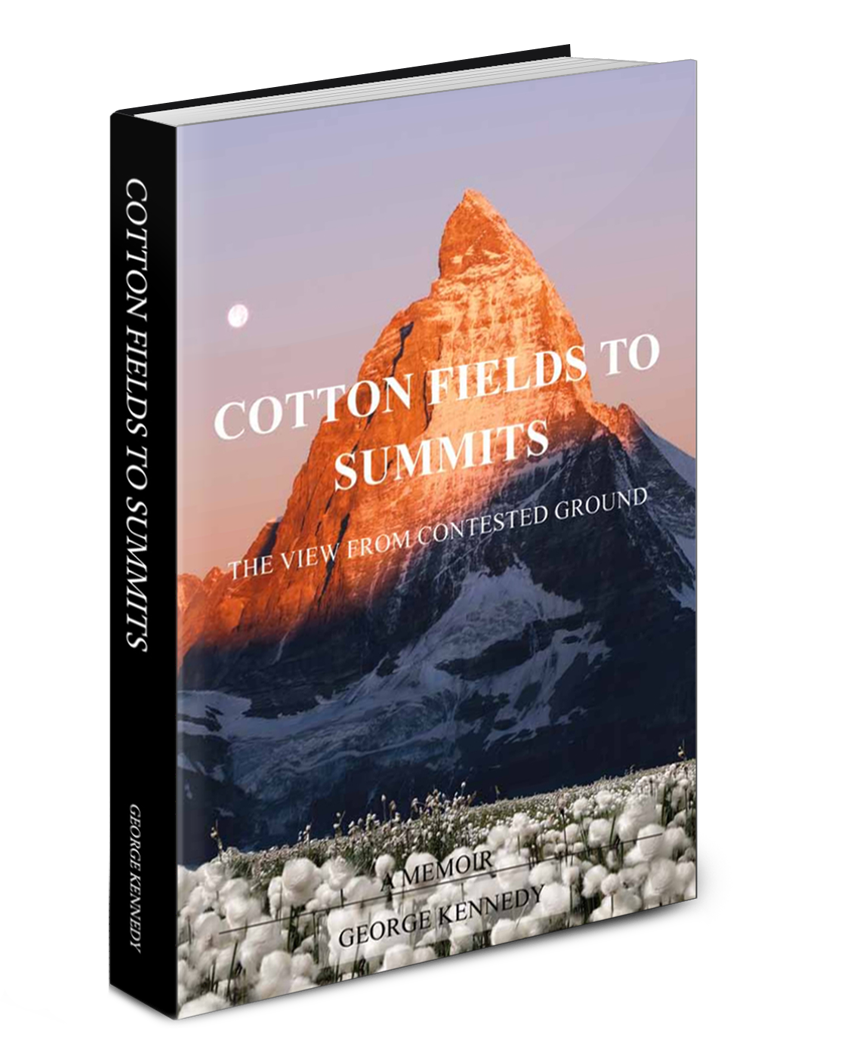
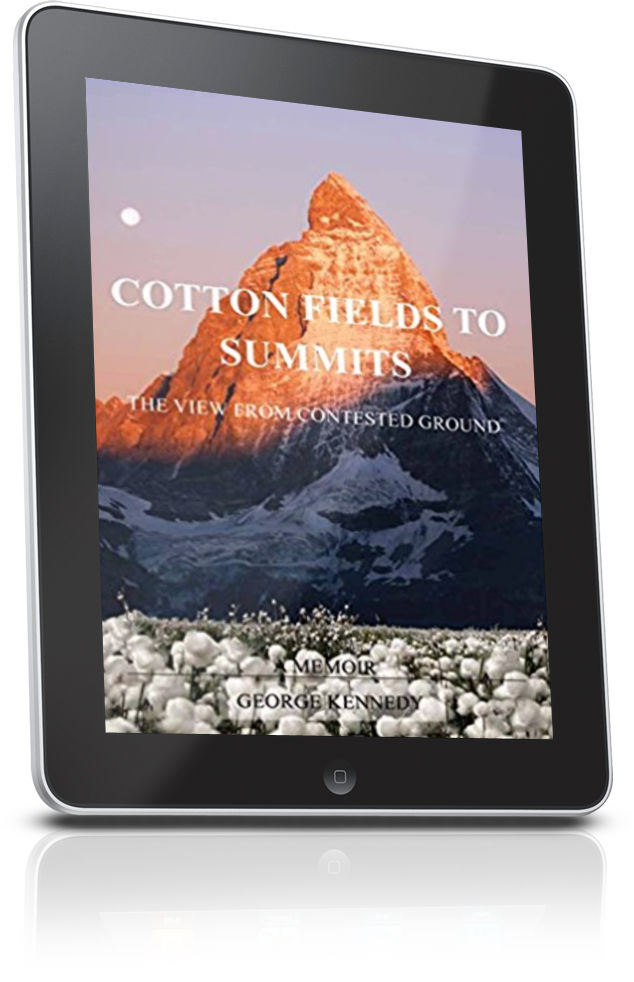

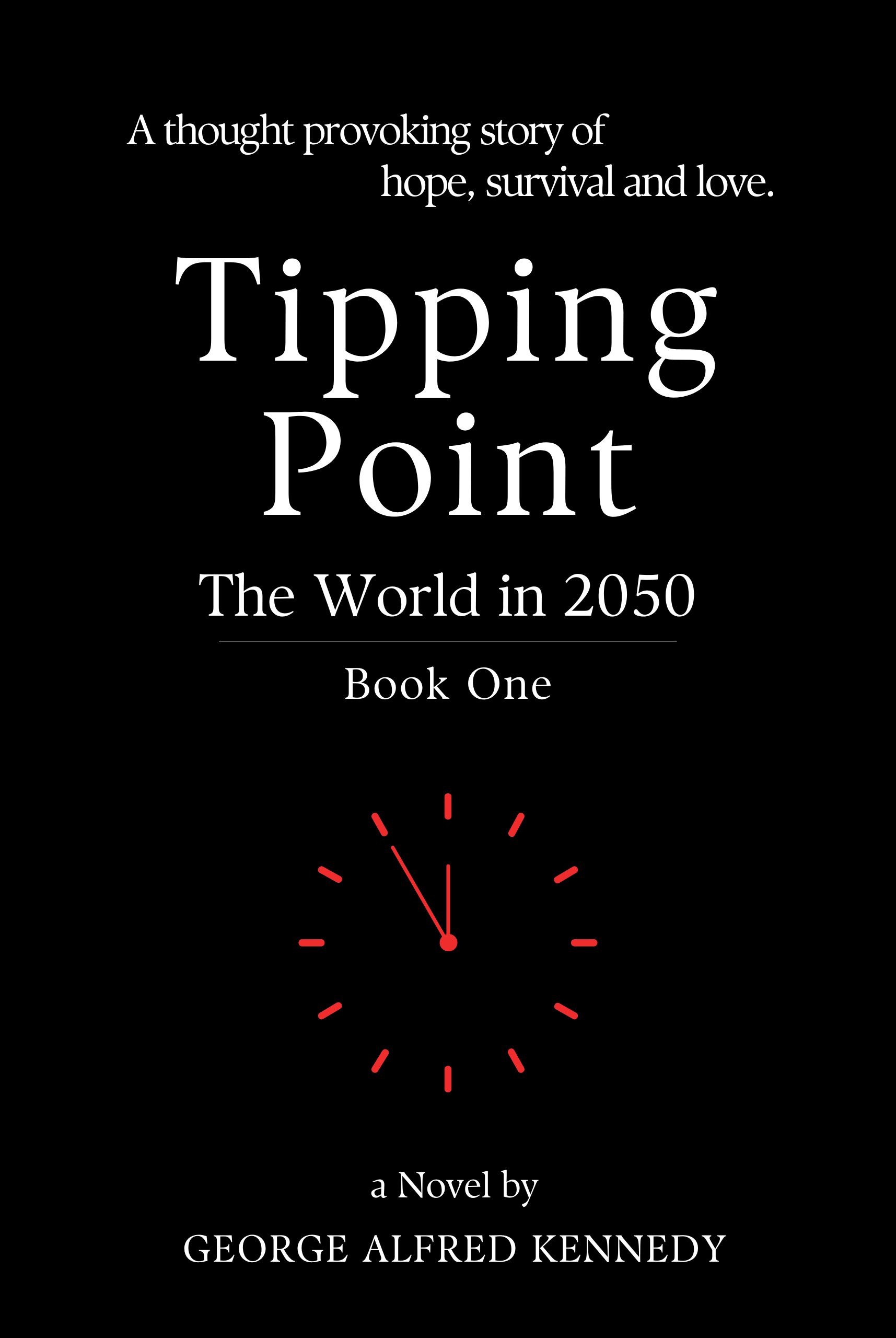
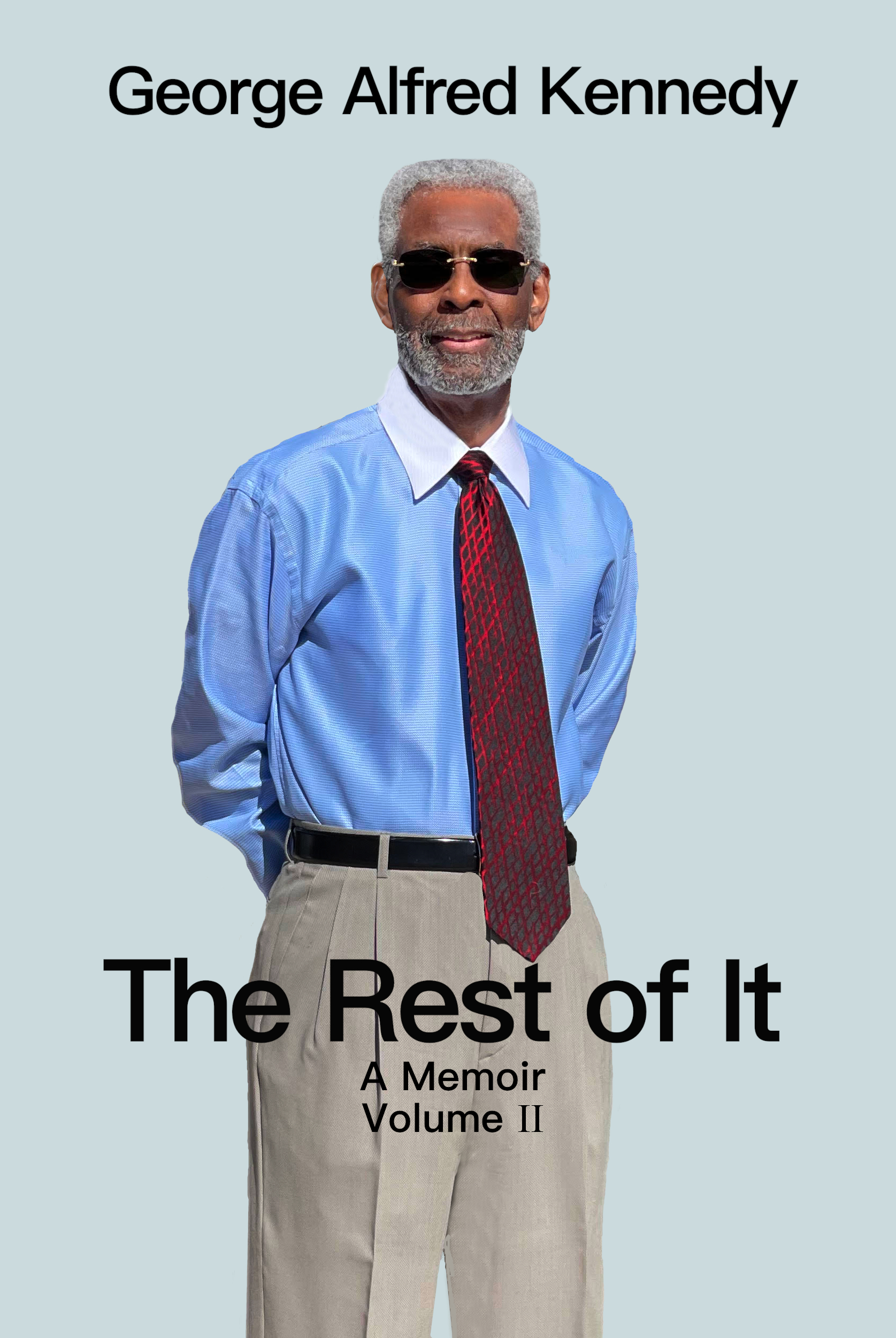


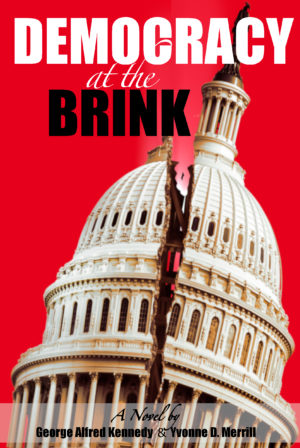
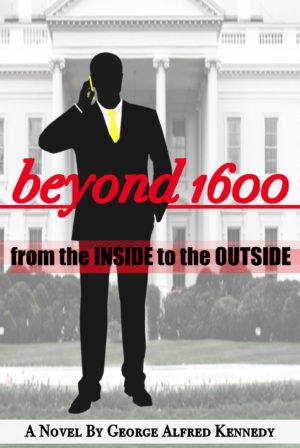
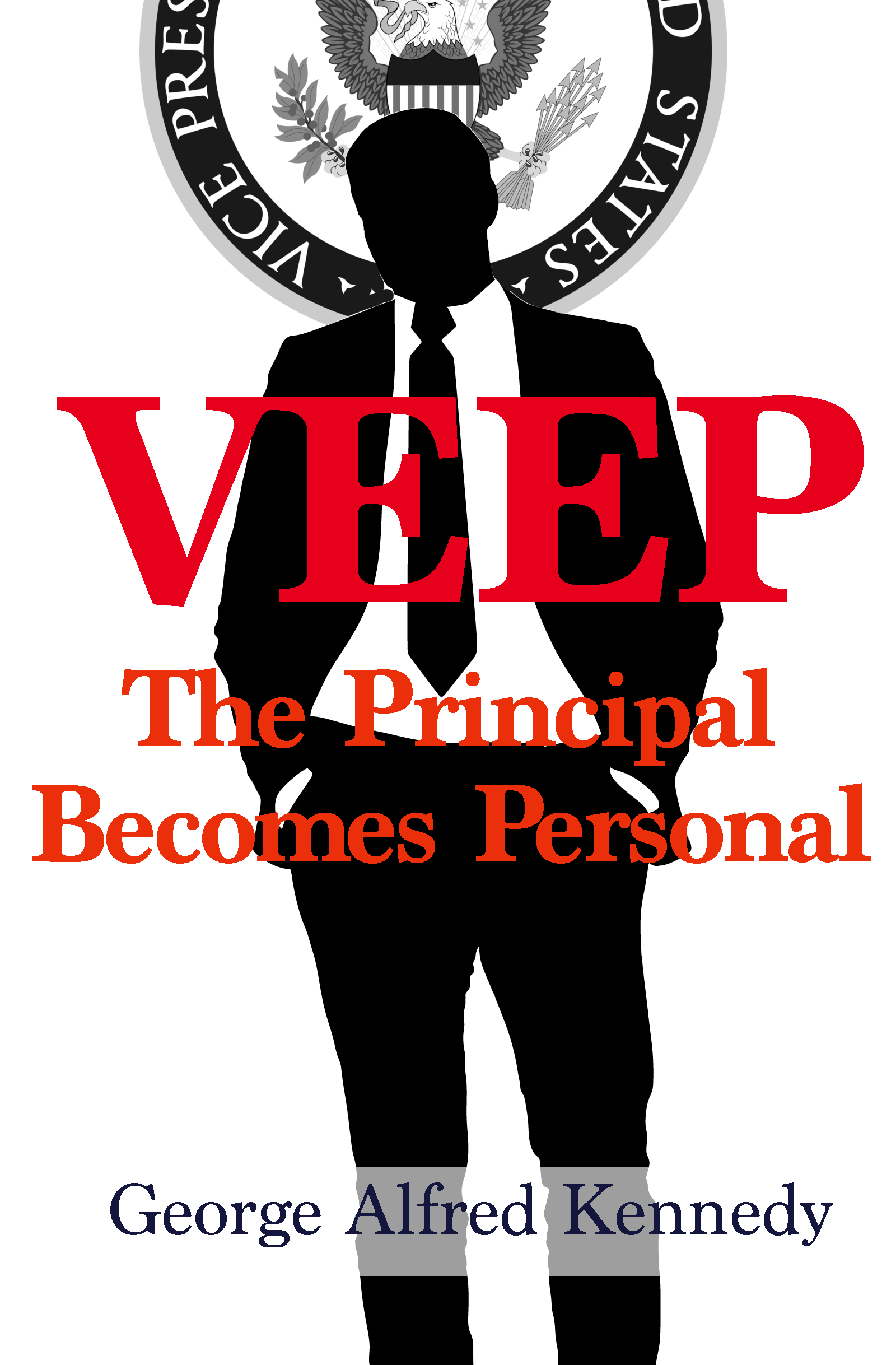
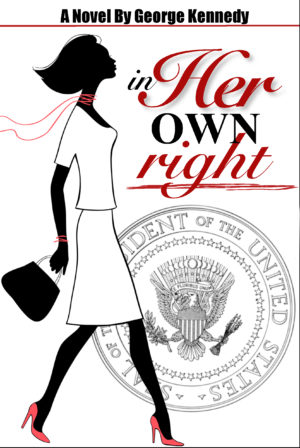
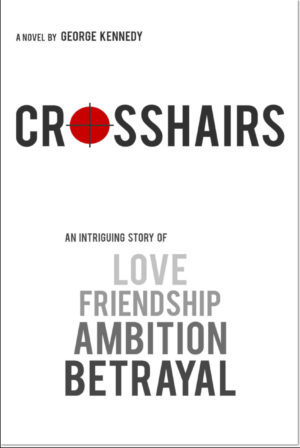
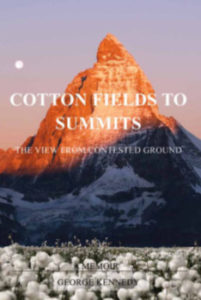
sandra sully –
I enjoyed the book. In it, George Kennedy demonstrates how one can succeed if they strategically plan out their lives. It is a remarkable recount of the tests, trials, and rewards of life as a diplomat. It is a ” must-read!”
Carolyn Elam –
Cotton Fields to Summits is a vivid and colorful account of the life of George Alfred Kennedy as he grew up New Jersey. His descriptions of the strengths of his mother and grandparents are unforgettable as he sojourns from childhood to manhood. His definition of manhood are the many encounters that engineered his craftiness and created the abilities that were needed to work in the political environment of Washington DC. This book is well-written and defines another angle of leadership.
Natalia Hall –
If you are someone who seeks inspiration to chart a course for your life, read this book. If you are someone lacking in self-confidence but have a dream, read this book. If you have a goal but are challenged by obstacles, read this book. For me, it was food for my soul.
Robert Cooper –
I enjoyed George’s story chronicling his climb to success in the US Foreign Service back in the early days of the civil rights movement.
Tony Penn, President, and CEO, United Way of TUCSON and Southern Arizona –
Cotton Fields to Summits, Mr. George Alfred Kennedy’s memoir is a fantastic read for anyone interested in learning the steps to the development of a lifetime and a legacy of success. For those who are looking for a how-to book on gaining the leadership skills to become the top in their chosen field of endeavor, you need to read this book! For those who may be struggling with where to find a roadmap on moving up the corporate ladder, you need to read George’s book. If your interest is in making a difference in your local community or on the pinnacle of the world stage, this lesson plan and pathway is the ticket you’ve been searching for. And finally, if you’re just ready, for a story that will captivate your imagination and walk you through an invaluable journey of U.S. government, foreign service, history, and culture from the Eisenhower era to the Clinton Presidency, this book is for you. Thank you George for sharing your inspiring legacy with us. Sincerely,
Tony Penn, President, and CEO, United Way of TUCSON and Southern Arizona.
Customer –
“Cotton Fields To Summits” is an intimate look at the early years of Senior Foreign Service Officer George Kennedy. I found George’s book to be both engaging and entertaining as it gave me a look into his over three decades-long odyssey from a poor young black boy living in cotton fields of Batesburg, South Carolina to becoming one of the most respected men In Washington. While reading George’s book I found many parallels to my life which made it even more enjoyable to read.
Constance Morris Hope –
I just finished reading George Kennedy’s book, Cotton Fields to Summits. It left me with lots to think about and reflect on, particularly since I finished it on the day the Mississippi Civil Rights Museum opened, reminding us once more of those who have struggled so valiantly for equality and justice in this country. Kennedy’s story about his 35 years in the US State Department as a highly successful Senior Foreign Service Officer, who happened to be an African-American, is testimony to the fact that each of us, in our own way, can play a role in the continuing struggle. He did his part!
Cotton Fields to Summits speaks to multiple audiences. Among them, are current Senior Foreign Service Officers (FSOs) who might be motivated to do some self-reflection and consider the nature of their interactions with their colleagues; all aspiring FSOs who could learn much from this historical perspective of their chosen career and gain some insight into current practices; young African-American women and men, and those of other under-represented groups, who are already in the Foreign Service, or who are considering it as a career, who might see some parallels to their own situations and appreciate knowing on whose shoulders they stand; and all who are interested in the inner workings of the US State Department and the intricacies of life in the Foreign Service.
As a leadership educator, I will recommend Cotton Fields to Summits to clients who wish to hone their leadership skills in the workplace and in other aspects of their lives. I am often asked, “Are leaders born or made” and “How does one become a leader?” George Kennedy’s saga is the embodiment of the journey to becoming a leader. Reading his book, I was witness to his evolution from wide-eyed young professional, eager to serve and make his mark, to mid-career professional, open to learning from whomever he could and developing political savvy, to quintessential professional, self-assured and confident in who he was and respectful and mindful of others.
On his journey, Kennedy developed critical communication skills, becoming keenly attuned to cultural differences, learning to ‘read’ people to determine how best to get his message across, and striving to connect with others at all levels. He listened. He observed. He sought to understand. His skill in networking (before it became an ‘in’ thing) and his recognition that ‘relationship-building’ is key, served him well, enabling him to navigate many ‘sticky’ and challenging situations.
These qualities and characteristics, and many more demonstrated by George Kennedy throughout his tenure as a senior FSO and chronicled in Cotton Fields to Summits , are hallmarks of ‘leadership’. Young, emerging leaders and even those who have been ‘around the block’ a few times could benefit from reading this riveting account of his extraordinary experiences.
To top it all off, George Kennedy is a skillful storyteller! Throughout the 420 pages of the book, he took me with him on his journey from ’cotton fields to summits’. I shared his sense of accomplishment, joy, and exhilaration at each success. I felt his frustration, anger, and pain at each disappointment. I felt his outrage each time the specter of racism reared its ugly head, as it did all too often.
Michael Tucker –
Cotton Fields to Summits is a must-read for all future Diplomats or Foreign Service Officers. Amidst the backdrop of civil unrest in America, this book describes how George Kennedy, a young African American man with a vision for a better life transcended racial injustices from the 1940’s – 1990’s to become a State Department Sr. Foreign Service Officer. This book gives a detailed account of the great lengths required each day for U.S. foreign policy to be carried out in order to project American strength and maintain critical relationships with nations around the globe. It also educates the reader on the inner workings of American Embassies and Consulates, while demystifying many of the hidden cultural and organizational rules for those who seek to reach the highest ranks within the State Department. I highly recommend this book for those seeking to gain an inside understanding of the State Department and the role race has historically played in its talent recruitment and development.
Ken Shooz –
“Cotton Fields To Summits” is an impressive look into the life of a black pioneer in the area of the United State Foreign Service from the 1960’s to the 1990’s. Even more impressive for me was knowing George as kids growing up in what he describes as the backwater of Mizpah, New Jersey during his elementary school years. His description of those years mirrored what I had experienced also in the 1940’s and 50’s in the school system and culture of that rural area of Southern New Jersey. His memory of the need to chop wood to burn in stoves for warmth and cooking is very familiar to me. His ability to recall and convey moments of his greatest triumphs and disappointments in this work is a testament to his excellent reporting skills. This book should be required reading for all African-Americans who aspire to join the diplomatic ranks of the U.S Foreign Service.
Spencer H. Holland, Ph.D.
Educational Psychologist (Retired
Attila Fia –
Around mid-morning, last Veterans Day, I bumped into my Marine Colonel friend and neighbor out on the sidewalk and exchanged the holiday’s greeting of appreciation for government service. It was only later that day that I was struck by the recognition that he was the first such verbal recognition I’d ever heard of my own thirty-plus years of service. I had never noticed before, but once I thought about it, this made perfect sense. For obvious reasons, the tiny corps of USG overseas representatives (there are many more service members in military bands than are employed as US Foreign Service Officers) has no domestic constituency. And understandably the overseas mission and people of the State Department, by and large, eludes notice, interest, or comprehension of the general public, often even among friends and family. For example, the Foreign Service employs one of the USG’s most exacting entry procedures while at the same time also exercising the easiest termination of USG employment through a highly competitive up or out personnel system. Aiming to shed light on his “mysterious” profession, retired Senior Foreign Service Officer George Kennedy’s memoir of his career was written specifically for his immediate family. As such, it offers the general reader a candid narrative of one career diplomat’s remarkable rise from modest beginnings to the Foreign Service flag rank counterpart of his former military colleagues. Kennedy’s “warts and all” American Dream story offers an intimately granular view of one man’s journey through life and the world. Readers will readily understand why foreign service insiders often refer to their various tours of duty as “reincarnations”; and many readers will surely be tempted by the allure of a special overseas life. A risk well worth the read.